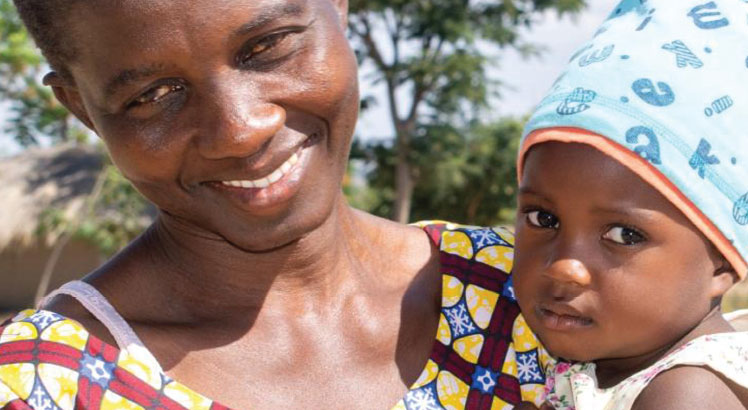Chikondi Moses understands the importance of nutrition to unborn children.
That is why he made sure his wife got the food she needed when she became pregnant three years ago.
“I wanted my wife to be healthy for her sake as well as the child’s,” says Moses, who lives in Dedza. “So, I granted her every wish for food before and even after she gave birth.”
Although Malawi has made significant strides in reducing chronic malnutrition, about one in three child aged below five is stunted.
Early moments matter in a child’s life
Stunting has a negative impact on children’s growth and wellbeing, with its effects persisting through a person’s life cycle and the country’s long-term development.
Moreover, inadequate infant and young child feeding practices are major contributors to acute and chronic malnutrition.
To combat the situation, Unicef Malawi, with funding from Unicef Finland, has been promoting early childhood development (ECD), especially the first 1000 days of every child. This is part of its Mmera Mpoyamba (Early Moments Matter) programme, which focuses on early childhood health, nutrition, care, and learning programmes.
The programme has conducted early childhood development advocacy and communication campaigns to promote positive parenting and responsive caregiving.
Elizabeth Makawa, a nurse in the paediatric ward at Dedza District Hospital, sees first-hand the challenges facing local pregnant women and lactating mothers.
“Most of the children we admit are suffering from malaria, pneumonia, malnutrition. Currently, most admissions related to malnutrition concern children with congenital problems,” she says.
Makawa says proper nutrition for women during and after pregnancy can go a long way in dealing with the challenges children face as they are developing.
“The development of a foetus is affected if a pregnant woman is not eating properly. Whatever she eats affects the child,” she states.
“So, to have a healthy child, we need to engage the mother.”
Makawa says with proper guidance on nutrition, pregnant women can give birth to healthy babies. Information provided on breastfeeding, nutrition and hygiene at clinics for children under-five also helps focus the attention of mothers on raising healthy children.
Moses, who has two children, adds that he learned valuable lessons about the importance of a stress-free life for a pregnant woman, which he says is just as important as her physical health, if not more.
Equally important, he says, is the communication with an unborn child.
“We have learned that a child starts to hear things while still in the womb, so you need to talk to them to establish a bond with them,” Moses says.
The post Clean minds for healthy babies appeared first on The Nation Online.
 Moni Malawi
Moni Malawi 
